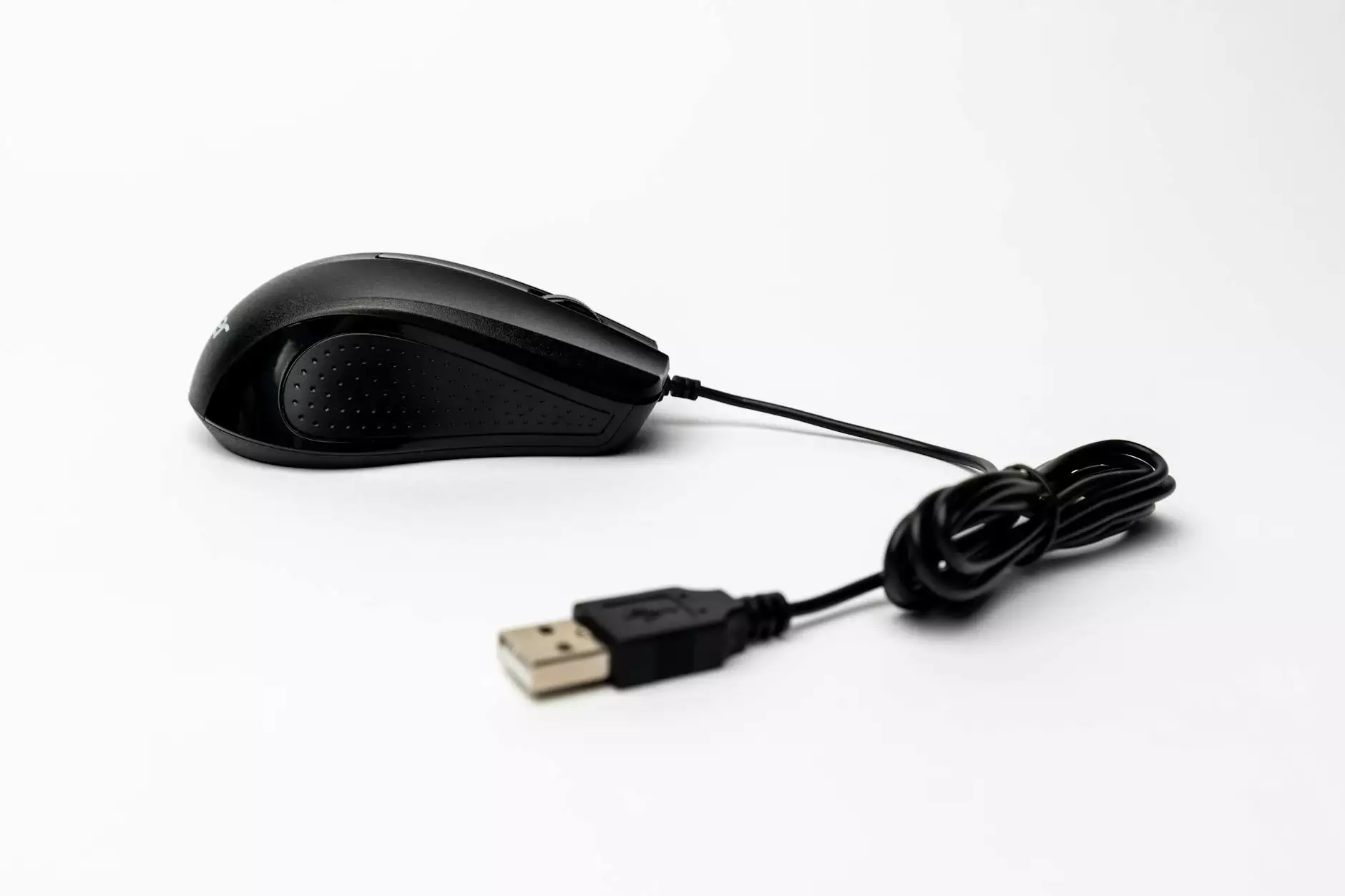Unlocking Opportunities in the Medical Billing Business

The medical billing business stands as a pillar in the healthcare system, providing essential services that facilitate financial transactions between patients, healthcare providers, and insurance companies. As healthcare evolves, so does the demand for skilled professionals, making this an opportune time to delve into this rapidly growing field.
Understanding the Role of Medical Billing
Medical billing is more than just a process; it is a critical component of healthcare management. Medical billers are responsible for processing healthcare claims, verifying patient insurance information, and ensuring that healthcare providers are compensated for their services. The intricate knowledge required for this task makes the role significantly valuable.
Key Responsibilities of Medical Billers
- Claims Processing: Submitting claims to insurance companies for reimbursement.
- Patient Billing: Generating bills for patients and clarifying any discrepancies.
- Insurance Verification: Confirming patient insurance eligibility and coverage.
- Payments Posting: Accurately recording payments and managing accounts receivable.
- Compliance Adherence: Staying updated with healthcare regulations to ensure compliance with laws.
Why Enter the Medical Billing Business?
The allure of entering the medical billing business is evident through its numerous advantages. As the healthcare industry expands, so does the need for competent billers and coders. Here are some reasons to consider this career path:
Rapid Job Growth
According to the U.S. Bureau of Labor Statistics, job opportunities in medical billing and coding are projected to grow by 8% from 2019 to 2029, which is faster than the average for all occupations. This growth highlights the increasing reliance on medical billing professionals as healthcare services become more complex.
Flexible Work Environment
Many medical billing professionals enjoy the flexibility of working remotely. This allows for work-life balance, as individuals can manage their jobs from home, offering them a lifestyle that suits their personal needs.
Good Income Potential
With experience and the right credentials, medical billing professionals can earn a competitive salary. The average salary in the field can range from $40,000 to over $60,000 annually, depending on location, experience, and the complexity of the work involved.
Essential Skills for Success
Succeeding in the medical billing business requires a blend of technical skills, attention to detail, and interpersonal abilities. Here are several essential skills for aspiring professionals:
Attention to Detail
In the world of medical billing, accuracy is paramount. A single error in coding or billing can lead to significant financial discrepancies, delays in payments, or even legal issues.
Technical Proficiency
Familiarity with medical billing software and electronic health records (EHR) systems is crucial. Professionals must also have a strong grasp of medical terminology and coding systems, such as ICD-10 and CPT.
Analytical Thinking
Medical billers must be able to analyze patient records and insurance information to ensure accurate billing and coding. This skill aids in identifying discrepancies and resolving issues efficiently.
Communication Skills
Efficacious communication skills are essential for dealing with patients, healthcare providers, and insurance companies. Clear and concise communication helps facilitate smooth transactions and resolve any problems that arise.
Educational Requirements and Certifications
To thrive in the medical billing business, obtaining the necessary education and certification is vital. Here's an overview of what you need:
Courses for Medical Billing and Coding
There are various educational pathways to enter this field. Many institutions offer specialized courses in medical billing and coding, providing foundational knowledge about coding systems, billing procedures, and healthcare regulations.
Certifications
While not always mandatory, certifications in medical billing and coding can significantly boost career prospects. Notable certifications include:
- Certified Professional Biller (CPB): Offered by the AAPC, this certification validates expertise in billing.
- Certified Coding Specialist (CCS): Provided by AHIMA, focusing on coding proficiency and knowledge.
- Certified Medical Billing Specialist (CMBS): Specialization through various accredited organizations.
Starting Your Medical Billing Business
If you aspire to start your own medical billing business, understanding the necessary steps is crucial for success. Here’s a comprehensive guide:
Develop a Business Plan
Your business plan should include your mission statement, service offerings, target market analysis, and financial projections. A robust plan acts as a roadmap for your business.
Legal Considerations
Ensure that you adhere to local laws and regulations. You may need to register your business, obtain licenses, and perhaps even specific insurance to protect against potential liabilities.
Invest in Tools and Software
Choosing the right medical billing software can streamline your operations significantly. Look for software that includes features such as:
- Secure Patient Management: For handling sensitive patient information.
- Claims Submission: Automatic submission to insurance companies.
- Reporting Capabilities: For tracking income and identifying trends.
Marketing Your Services
In a competitive market, effective marketing strategies are essential. Utilize online marketing, social media, and local networking to promote your business. Consider offering free consultations or value-added services to attract clients.
Common Challenges in the Medical Billing Business
Like any business, the medical billing sector has its challenges. Understanding these hurdles can prepare you to overcome them effectively:
Complex Regulations
Healthcare regulations are ever-evolving. Staying informed about changes in laws, coding standards, and insurance policies is crucial for compliance and success.
Dealing with Denials
Claim denials can impact cash flow and create additional workload. Developing a systematic approach to help minimize denials is essential, including thorough checks before claim submission.
Managing Client Relationships
Building strong client relationships is crucial. Open communication and effective problem-solving can help foster trust and loyalty, ultimately leading to sustained business success.
Future of the Medical Billing Business
The future of the medical billing business looks promising. With the integration of technology, such as AI and machine learning, there will be enhanced efficiencies in billing practices. Moreover, as telehealth continues to rise, new billing paradigms will emerge, presenting opportunities for those in the field.
Conclusion
Entering the medical billing business signifies much more than just a job; it represents a pathway to contribute meaningfully to the healthcare industry while enjoying a fulfilling career. With the right training, skills, and mindset, the opportunities within this field are vast and rewarding.
By understanding the core functions, responsibilities, and the evolving landscape of medical billing, you can position yourself for success in one of the most critical sectors of healthcare today. Start your journey now, and unlock a world of possibilities in the medical billing business.









